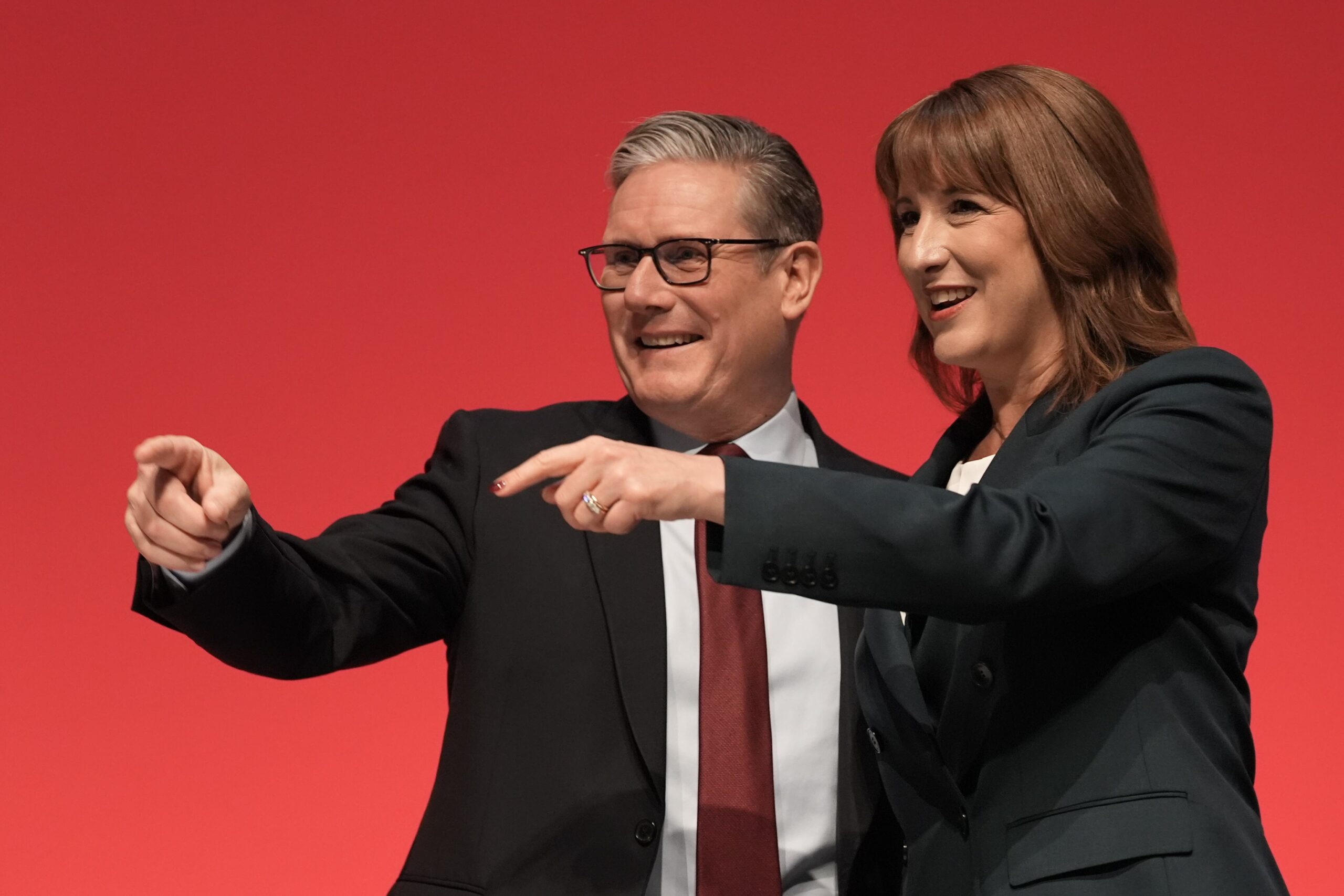Chancellor Rachel Reeves is considering an increase in income tax at next month’s Budget, it has been reported.
The Treasury is looking into the possibility of putting up the rate by 2p, while simultaneously cutting National Insurance by 2p, according to The Telegraph.
It comes after The Independent reported that Ms Reeves is coming under pressure to break the manifesto pledge and make changes to the top rate of income tax.
The chancellor is facing the prospect of increasing taxes on November 26 as she looks to balance the books, and keep to her golden rule of funding day to day spending with tax receipts.
On Wednesday, Sir Keir Starmer declined to stand by Labour’s manifesto pledge to not raise VAT, income tax or national insurance at the Budget.
He has previously said the commitment Labour made to voters before the 2024 general election “stands”, but failed to repeat that assurance in the Commons and his press secretary also avoided using the phrase.
Asked about the promise by Conservative leader Kemi Badenoch, the Sir Keir said that no prime minister or chancellor would ever set out their plans in advance.
“The Budget is on November 26 and we will lay out our plans, but I can tell the House now that we will build a stronger economy, we will cut NHS waiting lists and deliver a better future for our country,” he said.

The PM’s press secretary similarly said that “we’re not going to pre-empt the Budget” and added that “he inheritance that we received from the last government was even worse than we all previously thought.
“Their disastrous austerity approach, their botched Brexit deal and Liz Truss’s borrowing binge did serious damage to the economy, and it’s fallen to this Government to clean up their mess.”
Ministerial sources have previously told The Independent that changes to the top rate of income tax have been discussed in Whitehall as part of Budget planning.
One source said: “The 45p rate is definitely in play. It would be a popular move within the party.”
The 45p rate is applied at a rate of 45 per cent on income above £125,140, and is expected to be paid by more than 1.2 million people by the end of the year.
Another source suggested that it would be “understandable” if any breach of the manifesto pledges was “targeted at the highest earners”.
The Institute for Fiscal Studies (IFS) warned earlier this month that Ms Reeves could need to find £22 billion of tax rises or spending cuts if she is to restore the £10 billion of headroom she left herself against her debt targets in the spring.
That gap is the result of higher borrowing costs, more persistent inflation and weaker growth, along with spending commitments such as partially reversing the cut to winter fuel payments and watering down plans to cut welfare.
Ms Reeves will hope that better-than-expected inflation figures and a slight improvement in some growth forecasts will help ease the pressure.
